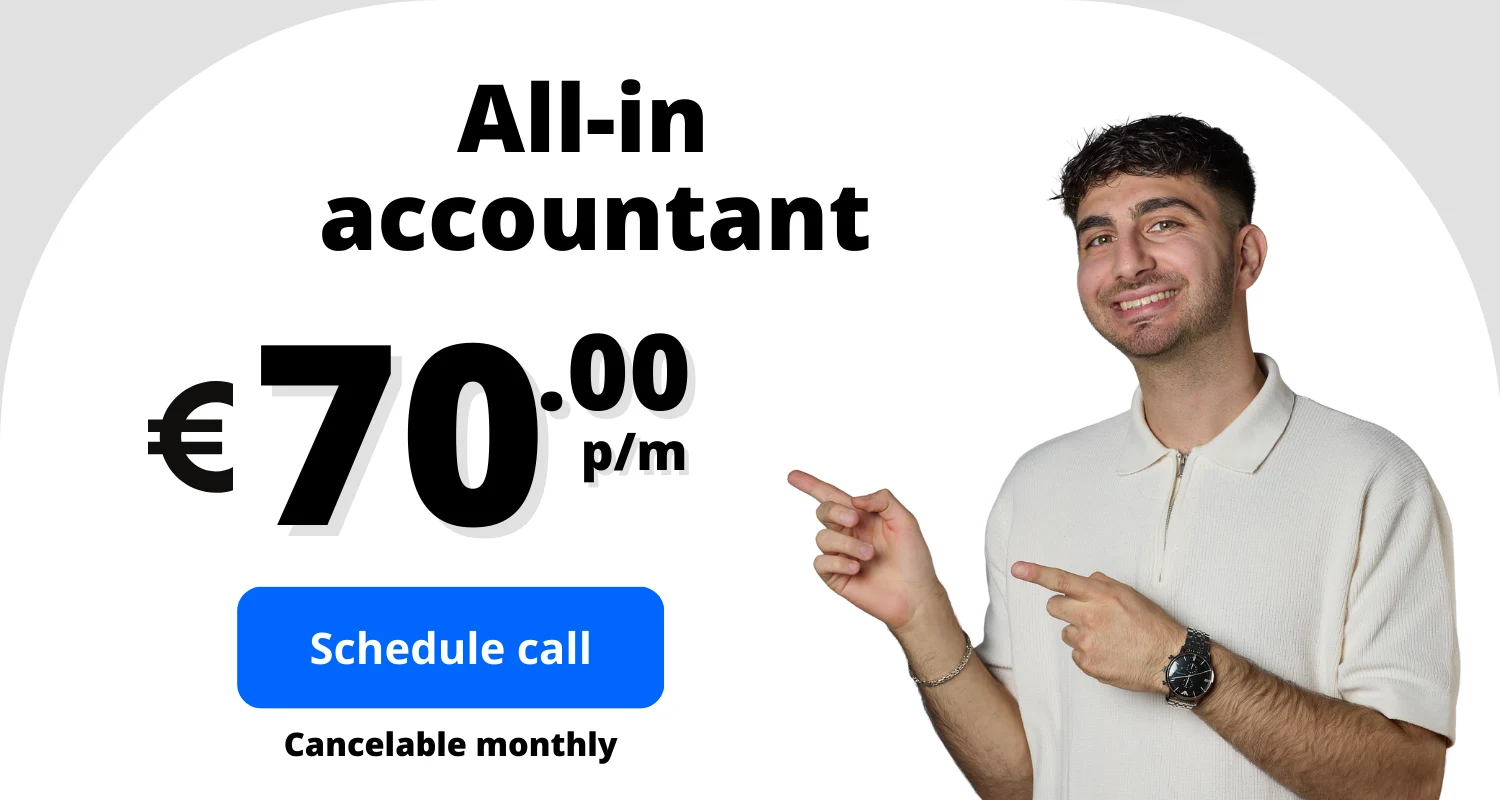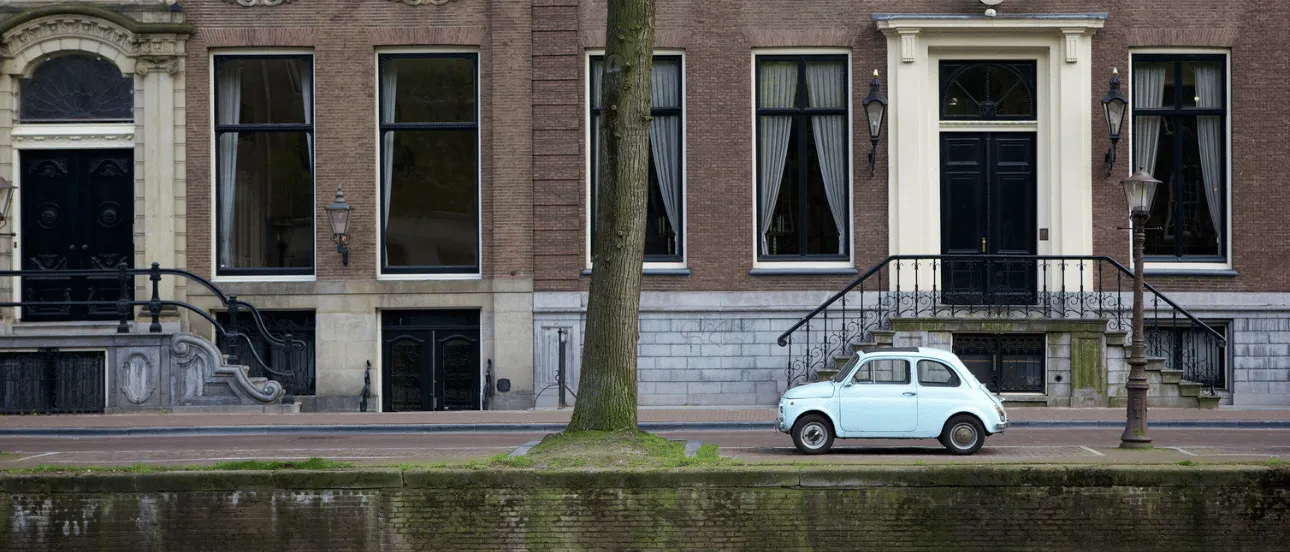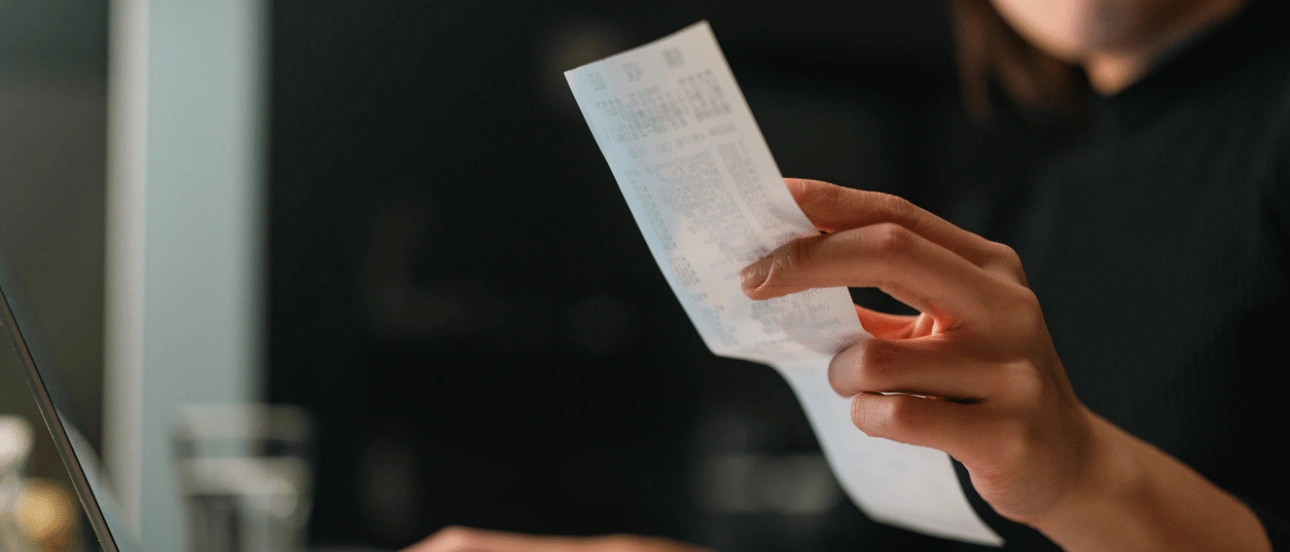Owned or rented
If you own and use the property for business purposes, the property is part of your company's assets. You put the building on the balance sheet at its purchase value. You do not deduct these costs directly, but via annual depreciation. Ongoing costs such as maintenance, insurance and energy are deducted annually for the business part.
If you rent a business property, you don't depreciate. You treat the rent and fixed costs directly as expenses. If you make a sustainable investment yourself in rented premises, that investment can be a separate asset. In that case, you write off that investment. If you use the building partly privately, you split the use. Only the business part is entered in the accounts.
How do you determine depreciation?
You determine depreciation using fixed components. The purchase value consists of the purchase price plus costs such as notary, estate agent and transfer tax. VAT only counts if you cannot reclaim it.
You then determine the value of the land. You don't depreciate over land. Only the building is depreciable. You base the division between land and building on objective data such as an appraisal or deed of sale.
You set a residual value. This is the value the building still has at the end of its use. You do not write off this value. Finally, you determine the useful life. This is the period during which you use the building within your company.
Calculating the amount of depreciation
You calculate the annual depreciation by dividing the depreciable value over the useful life. The depreciable value consists of the acquisition value of the building without land and without residual value.
You start depreciating as soon as you start using the premises. If you do not use the building for the whole year, you apply depreciation pro rata. The depreciation reduces your profit and thus your income tax.
Write down to the floor value
You are not allowed unlimited depreciation. A floor value applies. For income tax purposes, this is equal to the WOZ value of the property. Once the book value reaches this level, depreciation stops.
This may mean stopping depreciation earlier than based on the useful life. If the WOZ value drops later, depreciation scope may arise again. For properties put into use before 2024, a temporary transitional arrangement applies. In new situations, the WOZ value immediately applies as the lower limit.
WOZ value
The WOZ value is determined annually by the municipality. This value constitutes the minimum book value after depreciation. If the WOZ value is higher than the book value after depreciation, you must limit depreciation. The WOZ value thus directly determines your fiscal space.
VAT on business premises
If you buy a property with VAT and use it entirely for VAT-taxed sales, you may reclaim the VAT. The purchase value for depreciation purposes then excludes VAT.
If the purchase is exempt from VAT, you pay transfer tax. This tax counts in the purchase value and you write it off.
For maintenance and refurbishment, deduct VAT in proportion to business and taxed use. If the use changes within the review period, you correct previously deducted VAT. For rentals, the rent is usually exempt from VAT. In specific situations, you can opt for taxed rentals in case of almost fully taxed VAT use by the tenant.
Sample calculation of depreciation
You assume the following data:
- total purchase value €260000
- land value €60000
- value of the building €200000
- residual value €20000
- useful life 40 years
The depreciable value of the building is:
€200000 - €20000 = €180000
The annual depreciation is:
€180000 ÷ 40 = €4500
If the WOZ value is €240000 and the book value falls below this amount due to depreciation, you may only depreciate up to €240000. After that, depreciation stops as long as the WOZ value does not get lower.






